Environmental consultancy firm outlines ways in which even small ports and harbours can become sustainable fuel hubs
A new report by global consultancy Arup shows how even small ports and harbours can evolve into sustainable fuel hubs – offering major opportunities for the leisure and charter sectors.
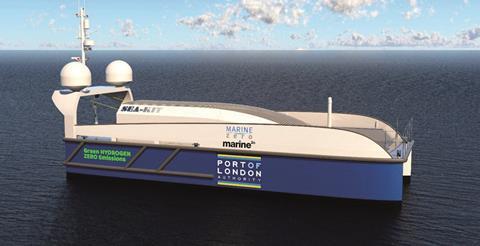
With leisure craft sharing infrastructure with commercial ports, Arup highlights the need for closer collaboration between port authorities, boat builders, and operators.
The report proposes regional port clusters combine manufacturing, servicing, and refuelling, helping build resilient supply chains and attracting long-term investment.
The shift to sustainable fuels will see new hydrogen and electrofuel networks benefit yachts and smaller vessels able to refuel from shared infrastructure.
Ports, often near renewable energy sources, could also become electrification hubs for vessels and onshore operations.
Arup notes that integrated energy generation, storage, and local partnerships will be key to reducing grid dependence and ensuring a balanced, low-carbon future. For marinas and leisure harbours, the message is clear: collaboration across the marine ecosystem will unlock the full potential of sustainable ports.
Many of Arup’s suggestions are already being planned. In London, for example, a fleet of autonomous electric cargo vessels would be refuelled from a dedicated hydrogen infrastructure with the gas locally produced.

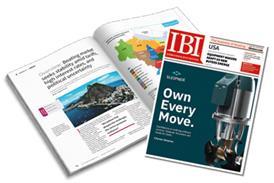
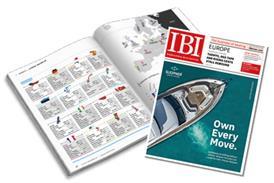
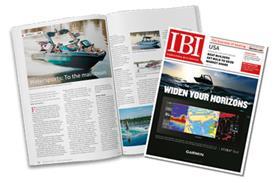
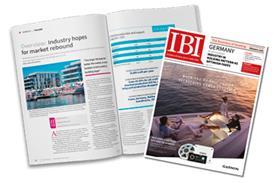

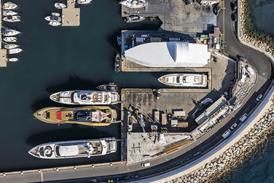
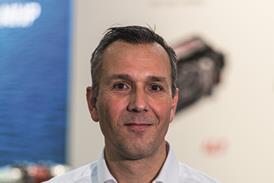
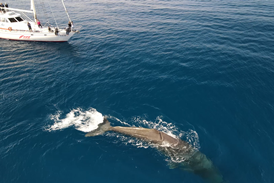
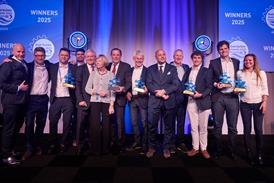
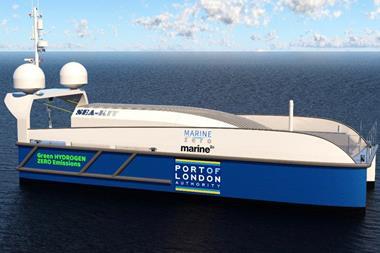
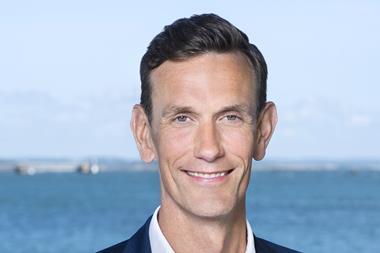
![SC-V-W1-05[1]](https://d1ajyvl96t5n4x.cloudfront.net/Pictures/380x253/7/6/1/57761_scvw1051_506561.jpg)
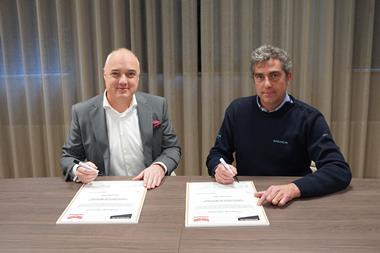
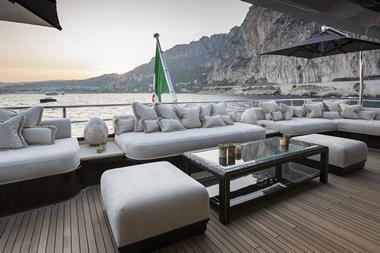
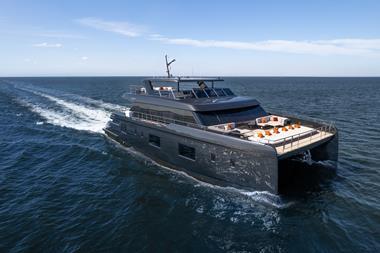
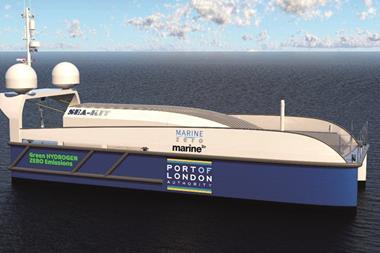
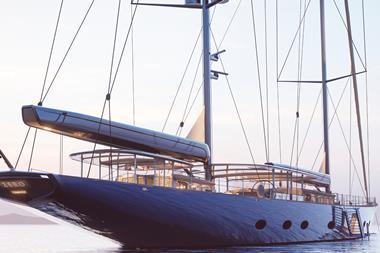
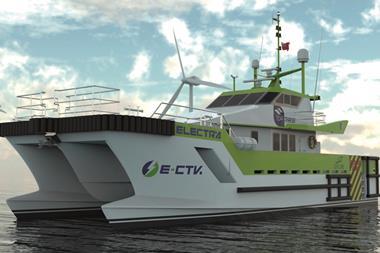
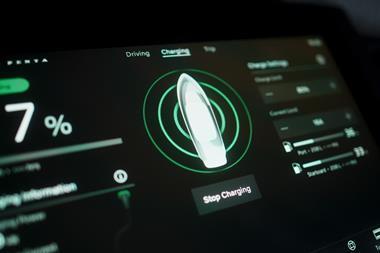
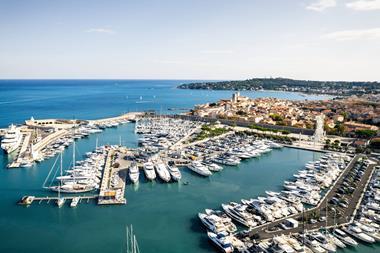

 LinkedIn
LinkedIn X / Twitter
X / Twitter Facebook
Facebook Email us
Email us




